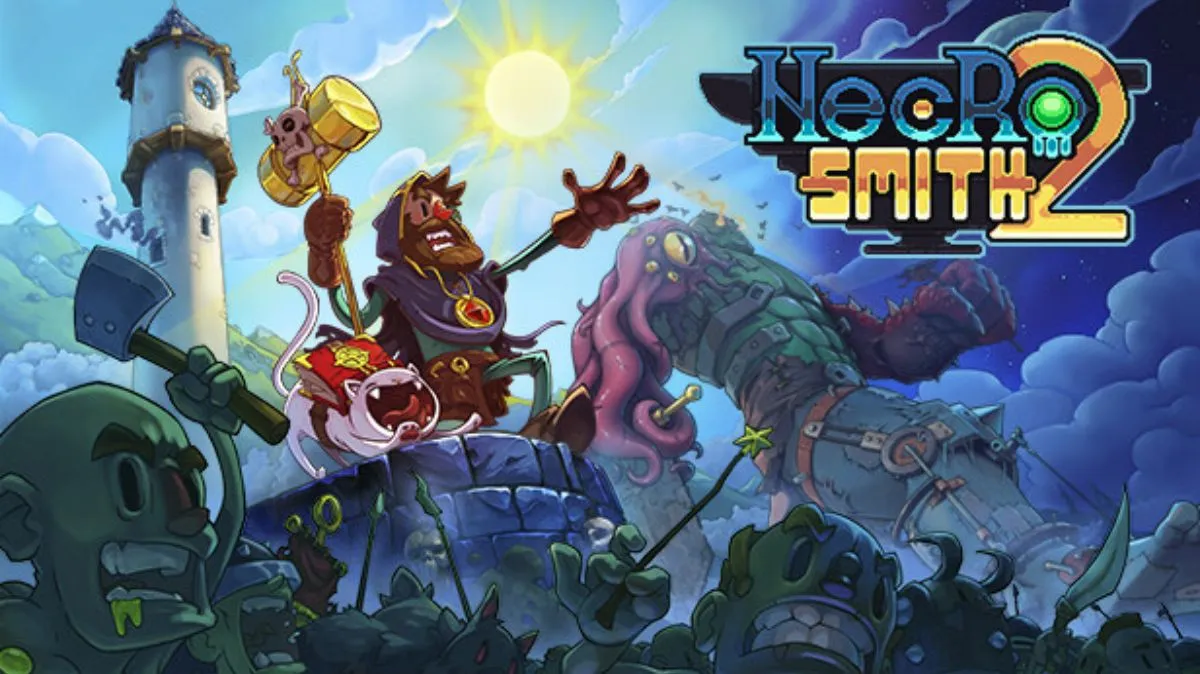As I played Dark Souls, I couldn’t help but reflect on the situation of roleplaying games as a whole. In years past, punishing difficulty, intricate stat systems and open world freedom were largely the norm for the genre, but now we’re more likely to see tightly scripted linear adventures ushering you from one cutscene to the next. That’s not to say that those are not enjoyable in their own right, but a large part of Dark Souls allure is this break from recent trends. If you’re willing to meet the game halfway it is a refreshing departure from the typical modern RPG.
Billed as the spiritual successor to the cult hit Demons Souls, it’s no surprise that Dark Souls draws on some similar dark fantasy narrative elements despite the games not existing in the same world. After a cutscene introduces the setting’s troubled history, you learn that certain specially marked people won’t simply stay dead. These undead are then sent to an asylum to “live” out their days as madness slowly takes hold, and it’s here that you’ll find your character. Congratulations, you’ve died before the game even started. As you progress through the game you will at times be able to regain your humanity though, at least until you get killed again.
This constant interplay between life and death is one of the really interesting and multi-faceted systems in Dark Souls, and it forces meaningful mechanical choices that are not needlessly steeped in morality. For instance, sometimes when you kill an enemy they will drop Humanity. You can use Humanity to restore yourself to human form, and certain multiplayer options like invading other player’s worlds risking your humanity in an attempt to take theirs or letting you summon co-operative players into your world are only available during this time. You can also offer your Humanity to kindle a bonfire. The bonfires scattered throughout the world serve as your checkpoints and respawn locations. A kindled bonfire is able to draw more energy to itself and refill double your normal number of potions. You’ll also leave Humanity behind when you die and unless you return to collect it, it will be lost. Its final function is that the higher your Humanity count, the greater chance you have of getting item drops. Souls pull similar double duty, functioning both as your experience and as your currency, but are again lost when you die. This forces you to weigh the risks and rewards of using or hoarding your resources.
This constant struggle of risk and reward is present in the game’s combat gameplay as well, and it really makes for a gratifying and varied experience. It feels more akin to a realistic medieval weapons fighting simulator than an action RPG at times. Weight dynamically affects your movement, forcing you to choose between the nimbleness of lighter armor or the insurance of being able to take a hit in heavy plate.
A large 2-handed weapon is certainly going to deal more damage, but you’ll be sacrificing the protection of a shield. And this isn’t simply the musings of the game’s instruction manual or small differences in stats; these choices lead to characters with vastly different play styles and approaches to fights. Weapons in and of themselves will have unique attack patterns and swings, which will become doubly important in tight quarters as your big swinging halberd clangs realistically and uselessly against the wall. Ultimately, what ties the combat all together is your stamina bar, which will be used to block hits, perform acrobatics and swing your weapon. Larger weapons take more stamina to swing and heavier shields mean less stamina is used when blocking. Throw some actions like risky parries that open chances for devastating ripostes on top of the mix and you have the combat system that’s both tricky and satisfying to master.
You’ll need to master combat if you hope to survive in Dark Souls. The marketing tag line has been “Prepare to Die”, which pretty much tells you the game has a near masochistic level of difficulty. Even some of the lowliest enemies can take big chunks out of your health bar and, if you’re not patient, they’ll surround and easily dispatch you. Then there are the game’s larger foes, many of whom are capable of flattening you with one hit, blocked or not. Your enjoyment of the game is based on your willingness to accept this fact.
While the game itself is challenging, death is not particularly punitive in Dark Souls. You’ll drop your souls and humanity, but these can be retrieved if you can fight your way back to your bloodstain. As long as you’re consistently leveling your stats you’re probably not carrying many souls to begin with. This allows you to more or less freely explore or make suicide runs to snatch items under particularly dangerous foes, but also makes for some tense moments as you desperately fight your way back to recover the souls you lost. In many ways the real difficulty is self-inflicted. If you start to rush instead of holding back with your guard up that’s when the game is going to get you, but the satisfaction of finally taking down the boss is second to none.
That’s not to say that the game won’t ever try to take some cheap shots at you. It’s littered with traps, ambushes and suddenly powerful foes, but luckily there are other players in the same boat as you and there are systems in place for you to assist or sometimes antagonize one another. Along with its predecessor, Dark Souls straddles the line between single player and multiplayer. It creates this unique feeling of being alone which helps to drive the dark fantasy environment, but at the same time you’re connected to a larger community that can help you. Characters can scrawl messages on the ground warning of an impending ambush or hidden treasure or even invite them to join each other’s games. You’ll need to be careful though because players gain rewards from killing each other by forcibly invading other worlds. You can also view character’s last moments before death by touching a bloodstain, and this lets you get an idea of whatever challenge might be lurking nearby.
There are two issues that can become an unintended source of difficulty and frustration though. Unlike Demons Souls, Dark Souls is simply one massive area to explore. This is generally awesome; if you see a castle off in the distance you’ll eventually be fighting in and around it soon enough. Where it causes some problems though is with an occasional dive in your frame rate, which is especially frustrating if it causes you to slip off a ledge or die in combat. The other is the game’s relatively arcane approach to information. There is certainly something to be said about letting you discover and piece things together yourself, but when more basic functions like how to go into first person mode with your bow, what certain button combinations do, the effects of certain items, or the explanation of in-game covenant factions are all lacking in detail from anywhere but player created wikis, it only hurts the experience. And this is a game that’s otherwise excellent at incorporating elements into its world.
Bottom Line: If you know you’re the kind of player that can appreciate the depth and difficulty of Dark Souls‘ experience, you should run out and buy it right now.
Recommendation : Dark Souls is going to be a polarizing game, and it knows it. If you’re willing to approach it and learn its ins and outs, its one of the most rewarding and enjoyable titles out right now.
[rating=4.5]This review is based on the 360 version of the game.
Game: Dark Souls
Genre: RPG
Developer: From Software
Publisher: Namco Bandai
Platform(s): PS3, Xbox 360
Available from: Amazon(US), GameStop(US), Amazon(UK), Play.com(UK)



